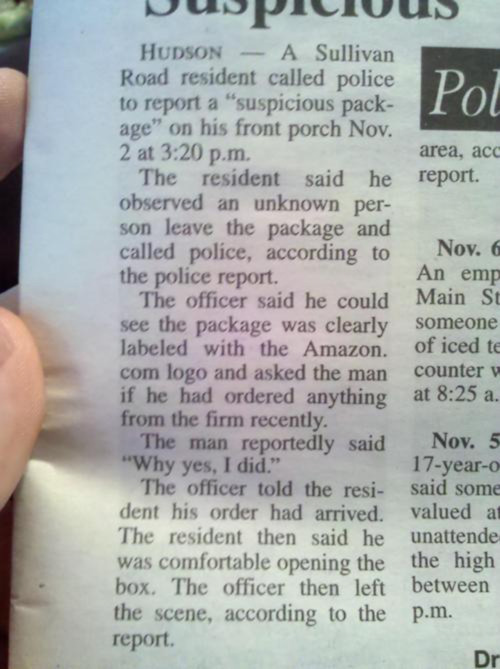Paul Bradshaw is a visiting professor in online journalism at City University, London. This evening (Thursday 3 March 2011) he will be giving his inaugural lecture at City University: “Is Ice Cream Strawberry? Journalism’s invisible history – and conflicted future”. Here is an excerpt from it:
Cars, Roads and Picnics

Paul Bradshaw: not rotten
Throughout the 20th century there were two ways of getting big things done – and a third way of getting small things done. Clay Shirky sums these up very succinctly in terms of how people organise car production, road building, and picnics.
If you want to organise the production of cars, you use market systems. If you want to organise the construction of roads, you use central, state systems of funding – because there is a benefit to all. And if you want to organise a picnic, well, you use social systems.
In the media industry these three line up neatly with print, broadcast and online production.
- The newspaper industry grew up in spite of government regulation
- The broadcast industry grew up thanks to government regulation
- And online media grew up while the government wasn’t looking.
Now some media organisations have generally organised along the lines of car production, and others along the lines of road construction. And there were some examples of alternative media that were organised like picnics. Different media organisations got along fine without treading on each others’ toes: The Times wasn’t too threatened by the BBC, and the NME wasn’t too threatened by the fanzine photocopying audiophile.
But digitisation and convergence has mixed these businesses together in the same space, leading to some very confused feelings from publishers and journalists.
This is how news production used to be: a linear process, limited by physical constraints. You went out to get the story, you came back to write it up, or edit it, and then you handed it over to other people to edit, design, print and distribute.
Production was the first part to become digitised, turning a physical good into an intangible one – this saved on transportation time and costs but it also meant that there were limitless, identical copies. And it lowered the barrier to entry which had for so long protected publishers’ businesses from competition.
Newsgathering was the next element to become digitised, as an increasing amount of information was transmitted digitally. In fact, in some cases journalists began to write computer programs to do the grunt work while they got on with more important business of investigating and verifying leads.
Then finally, media companies simply lost control of distribution. This has gone through a number of phases: initially distribution was dominated by curated directories and portals like Yahoo! and MSN, which then gave way to search engines like Google, and these are now being overtaken by social networks such as Facebook.
And this is not over: the net neutrality issue could see distribution dominated by telecomms companies – an issue I’ll come on to later.
This move from a linear physical production process to a non-linear one online is one of the bases for the Model for a 21st Century Newsroom that I published three years ago.
Disintermediated, disaggregated, modularised
As the media went online, three things happened:
- It was disintermediated by the web,
- Disaggregated by links
- And modularised by digitisation.
Put in plainer language, once newsgathering, production and distribution became digital they could be done by different people, in different places, and at different times – including non-journalists.
It’s important to point out that there is no ‘natural’ way to do journalism. There are hundreds of ways to tell a story, to investigate a question, or to distribute information. Institutions and cultures have grown up out of compromises over the years as they explored those possibilities and their limitations.
When you remove physical limitations you remove many of the reasons for the ways for making those compromises.
See also: Paul Bradshaw: five predictions for journalism in 25 years

